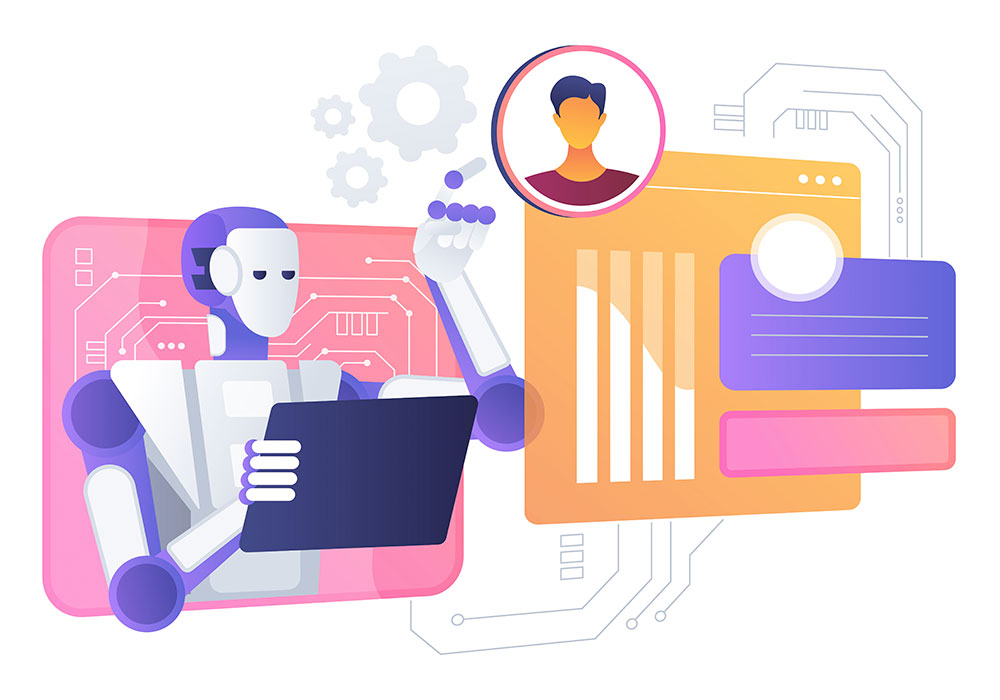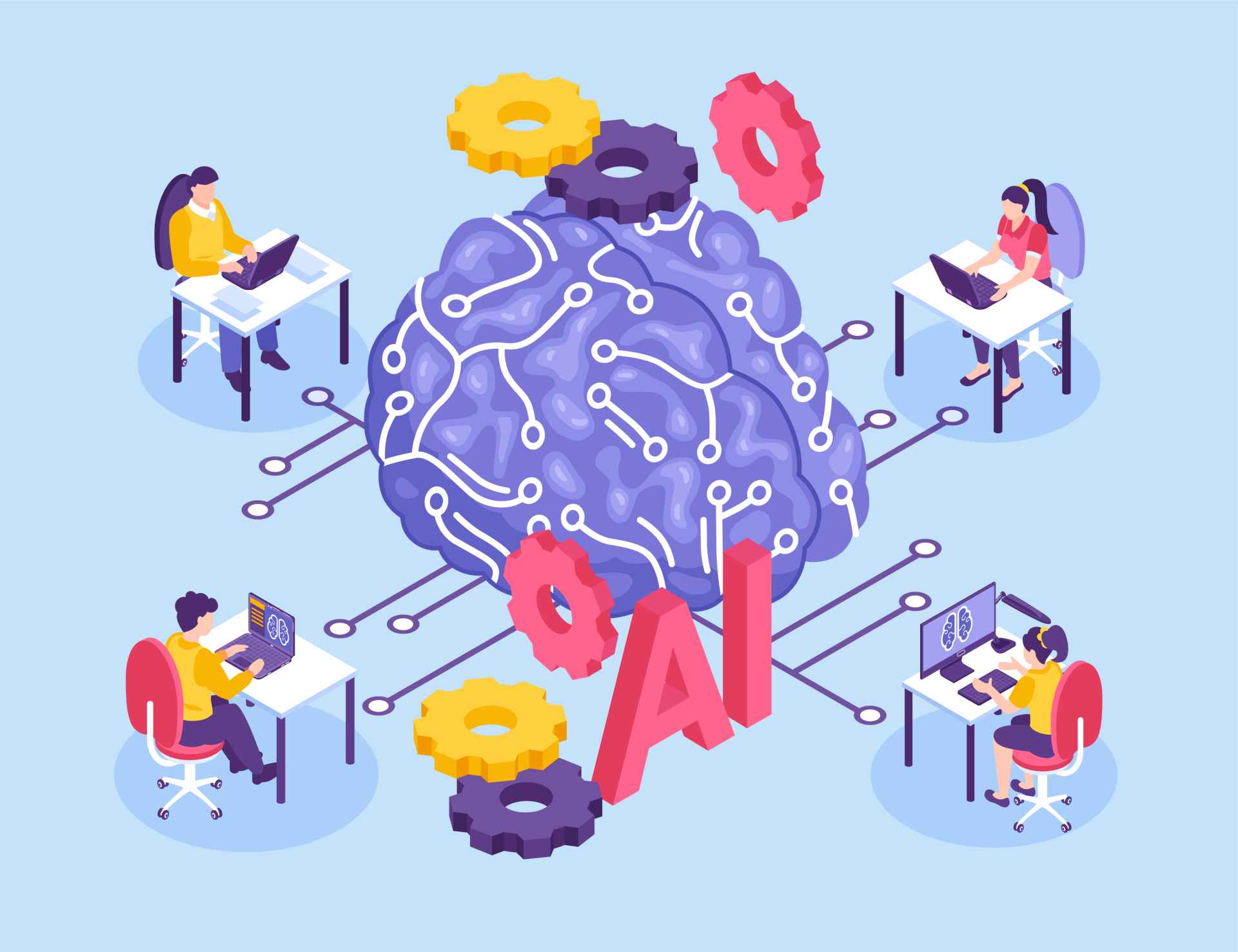In this scenario, experts point out that acting consistently, fostering transparent environments and cultivating trust among team members will not only be necessary, but strategic.
Ultimately, the success of integrating AI into an organisation will depend not only on its ability to automate processes or speed up decisions, but on building an organisational culture based on authenticity, trust and respect for human talent.
The challenges and dangers of AI in organisational culture
But the use of artificial intelligence in business also brings with it important ethical challenges that cannot be overlooked if we want to maintain fair, diverse and cohesive workplaces.
A key challenge relates to algorithmic bias. AI algorithms make decisions based on the data they are given, but if that data already reflects bias, AI will not only maintain it, but may accentuate it.
This was seen, for example, in this case, where the recruitment system, designed to identify the best candidates, ended up discriminating against women because the data used to train the algorithm favoured men. This type of problem directly affects essential aspects such as equality in recruitment and promotion, damaging diversity and balance in work teams.
Moreover, by delegating critical decisions or conflict resolution to AI tools, leaders may move away from their primary role as promoters and guides of business values
A good example is the use of AI to manage human resource issues, such as monitoring job performance or managing conflict. While these tools can provide objective data, they also run the risk of reducing complex and deeply human problems to numerical metrics, which directly affects organisational culture.
Beyond the quick answers it can provide, the real potential of AI lies in its ability to ask the right questions, those that lead us to reflect on who we are as a collective and how we want to move forward.
Source:

